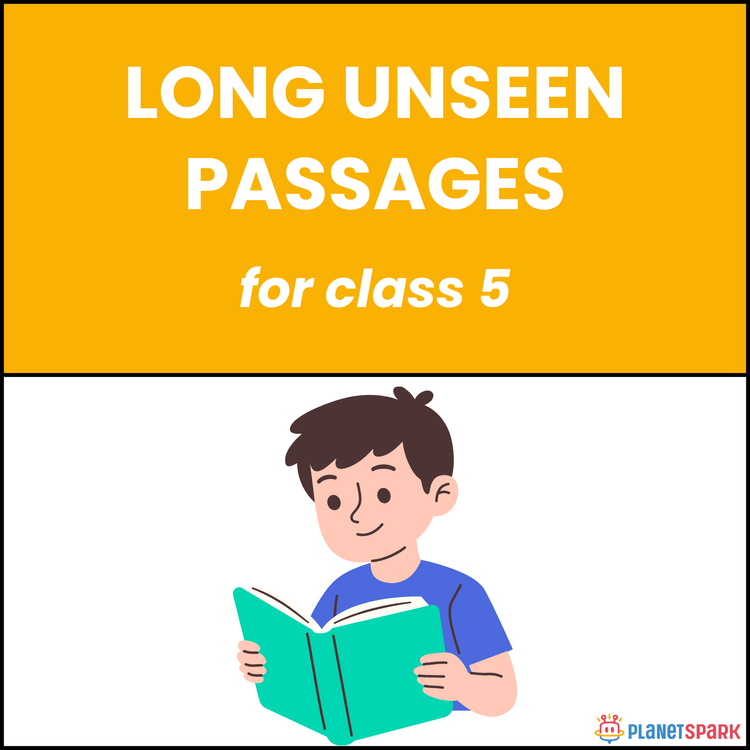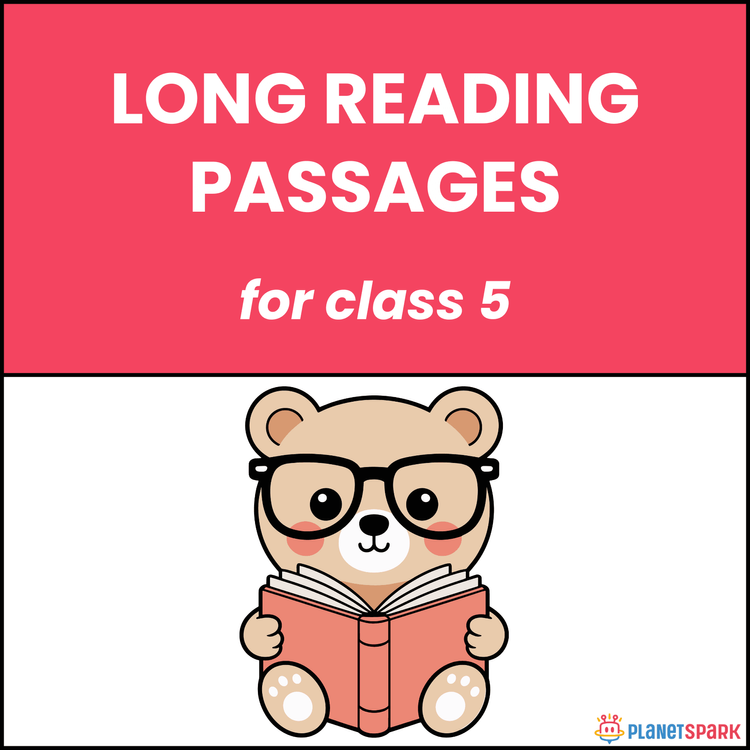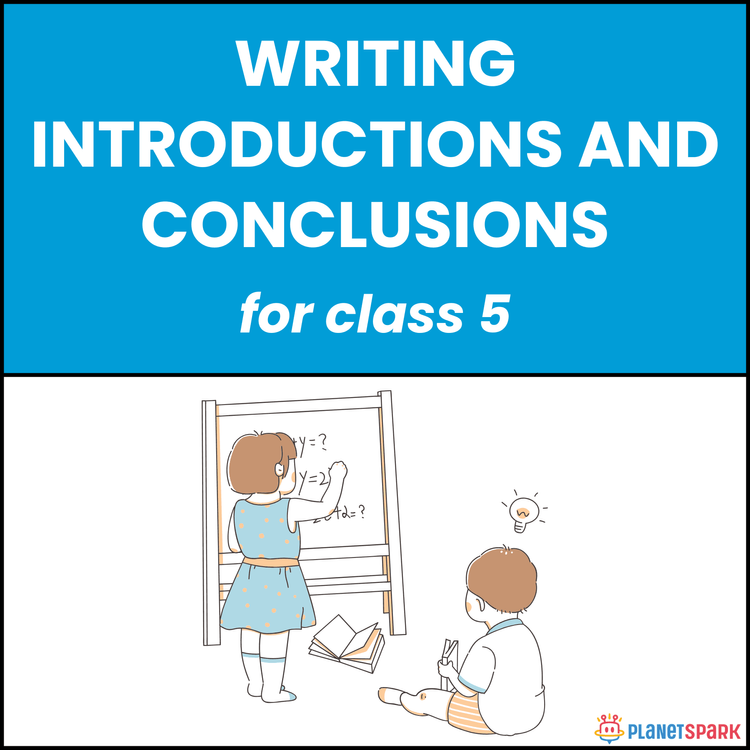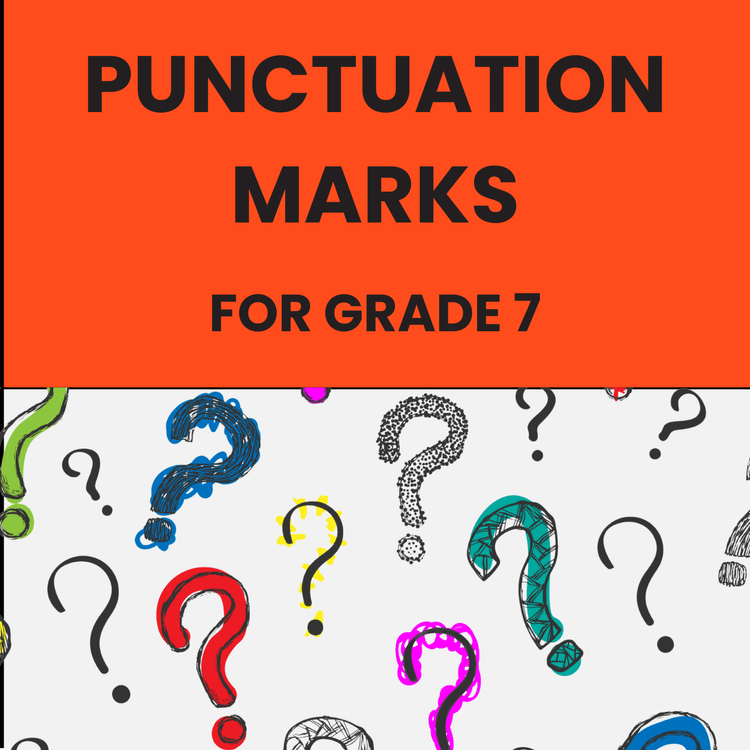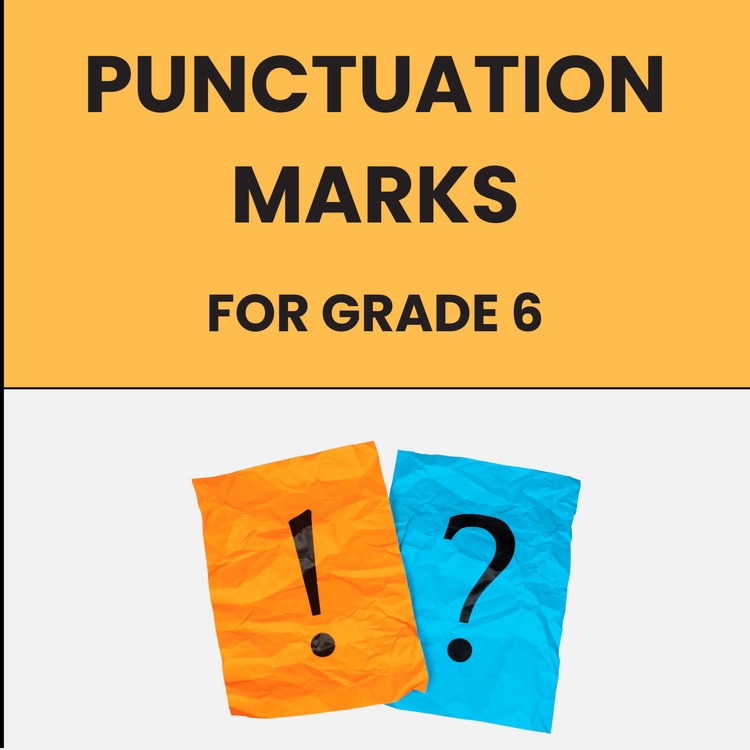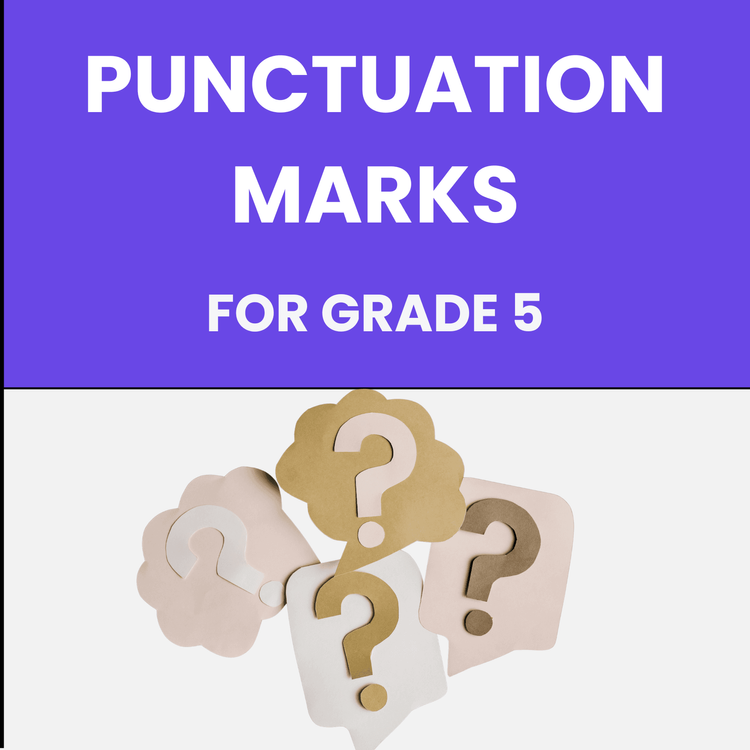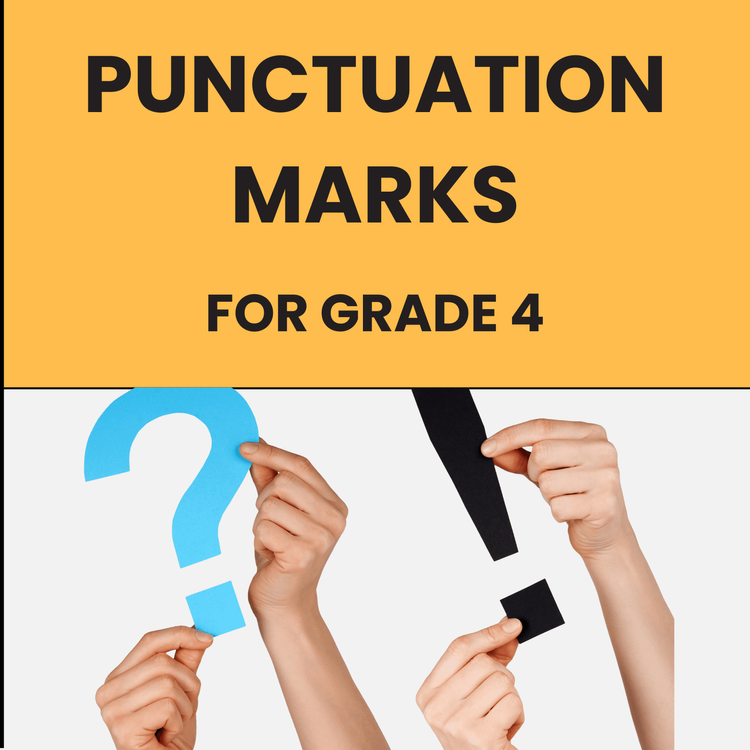Class 5 Worksheet on Modal Verbs – Can, Must
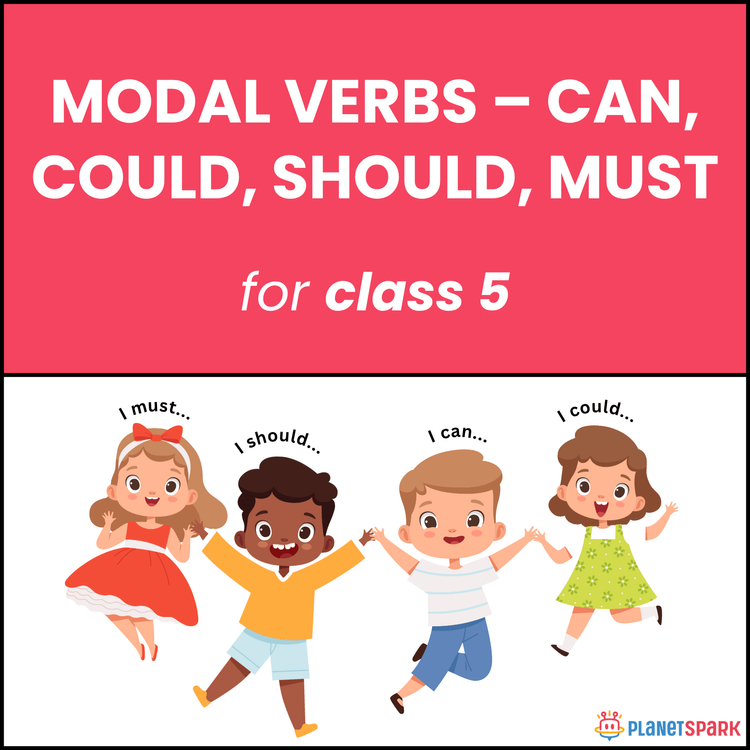

Class 5 Worksheet on Modal Verbs – Can, Must
Say It Right: Modal Verbs in Action for Grade 5
This engaging Grade 5 worksheet introduces learners to modal verbs — essential helping verbs like *can*, *could*, *should*, and *must*. Through dialogues, stories, matching tasks, and real-life situations, students learn how to express possibility, permission, advice, and obligation clearly.
📚 Why Modal Verbs Matter in Grammar?
Modal verbs strengthen both written and spoken communication. For Grade 5 learners, they help:
1. Ask for permission and give advice politely.
2. Express ability or possibility using words like “can” and “could.”
3. Use “must” and “should” to state rules or responsibilities.
4. Build fluency in everyday grammar and dialogue writing.
📝 What’s Inside This Worksheet?
This worksheet features 5 fun, practical exercises:
🧩 Exercise 1 – Fill in the Blanks
Students complete 10 sentences using the correct modal verb: *can*, *could*, *should*, or *must*. Example: “Rahul ___ ride a bicycle without help.”
💬 Exercise 2 – Dialogue Completion
Learners complete 4 short dialogues using modal verbs to request permission, give advice, and express necessity. Example: “Maya: Mom, I feel a little sick. What ___ I do?”
🔗 Exercise 3 – Match the Columns
Students match sentence beginnings to appropriate endings containing modal verbs. Example: “You ___” matches with “should brush our teeth twice a day.”
🪁 Exercise 4 – Story-Based Fill in the Blanks
Learners read a paragraph about a kite festival and fill in 7 blanks using modals like “must” and “could” to express actions and advice in context.
🗣️ Exercise 5 – Write What You’d Say
Given 4 real-life situations, students write their own sentences using modal verbs to respond appropriately. Example: “You are at the zoo. You see an elephant picking up a log. What would you say?”
✅ Answer Key (For Parents & Educators)
Exercise 1
1. can
2. should
3. can
4. could
5. must
6. could
7. should
8. can
9. must
10. can
Exercise 2
1. Can I water the plants? / Yes, you can.
2. Could I go to the playground? / You must finish your work first.
3. Can we carry the books? / You can.
4. What should I do? / You should rest and drink warm water.
Exercise 3
You → should brush our teeth twice a day
The parrot → can mimic people talking
People → must not waste water
Uncle → could lift the heavy bag by himself
Mummy → makes very delicious tea
Aarav → can climb trees very fast
Tanmay → should say sorry to my friend
I → must bring your umbrella
Exercise 4
1. could
2. can
3. could
4. must
5. must
6. must
Exercise 5 (Sample Responses)
1. The elephant can lift the log with its trunk.
2. Can I please drink water, teacher?
3. You must wash your hands before going to the temple.
4. I couldn’t ride a bicycle when I was small.
Use fun conversations and real-life tasks to help your child master modal verbs with confidence.
Frequently Asked Questions
Modal verbs like can, could, must, and should express ability, permission, or obligation.
Use 'must' for strong necessity or rules; 'should' suggests advice or recommendations.
By practicing sentence creation and using real-life examples like chores or school rules.
